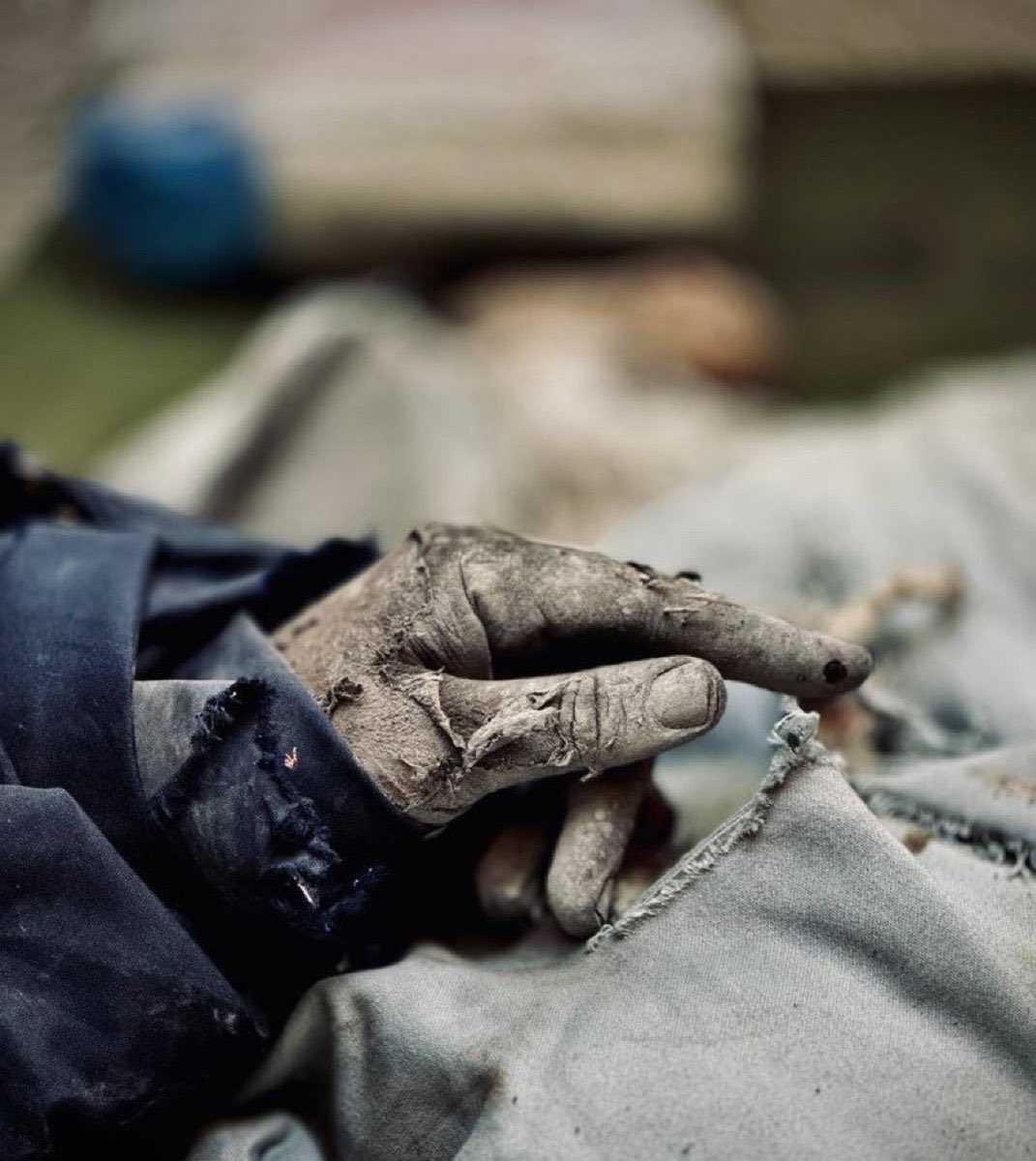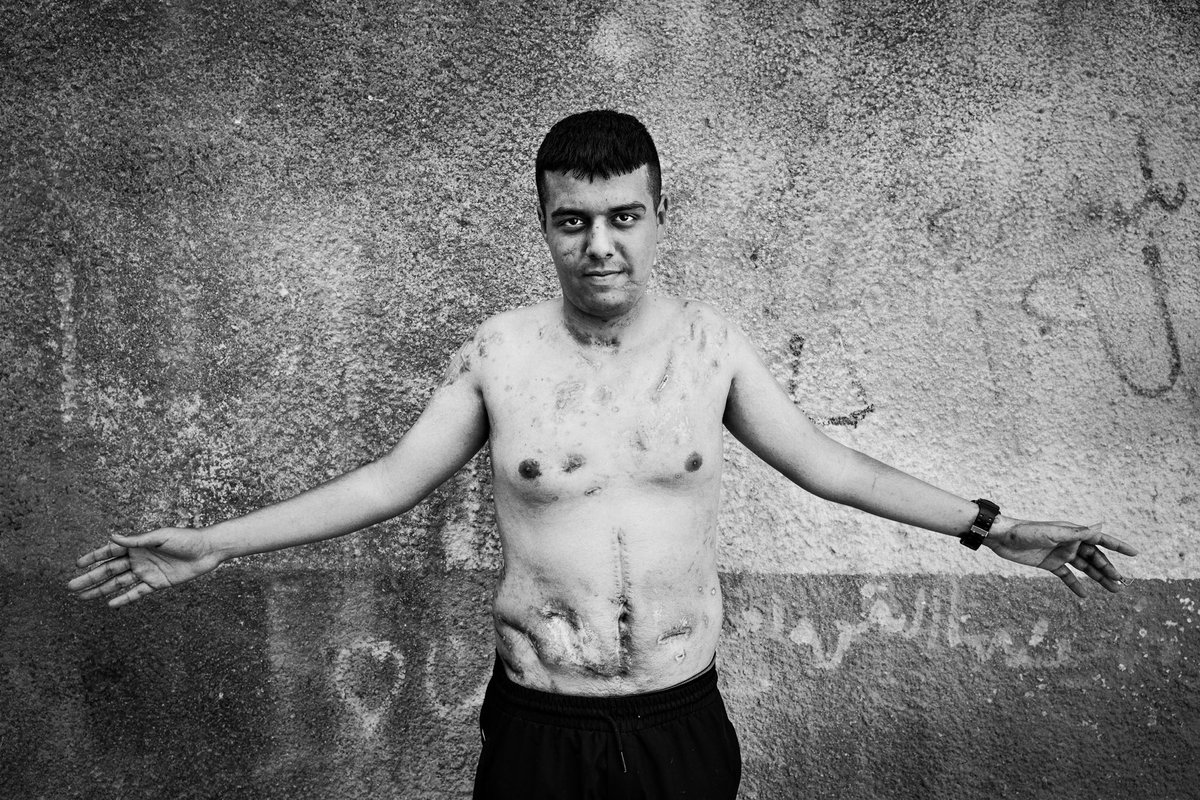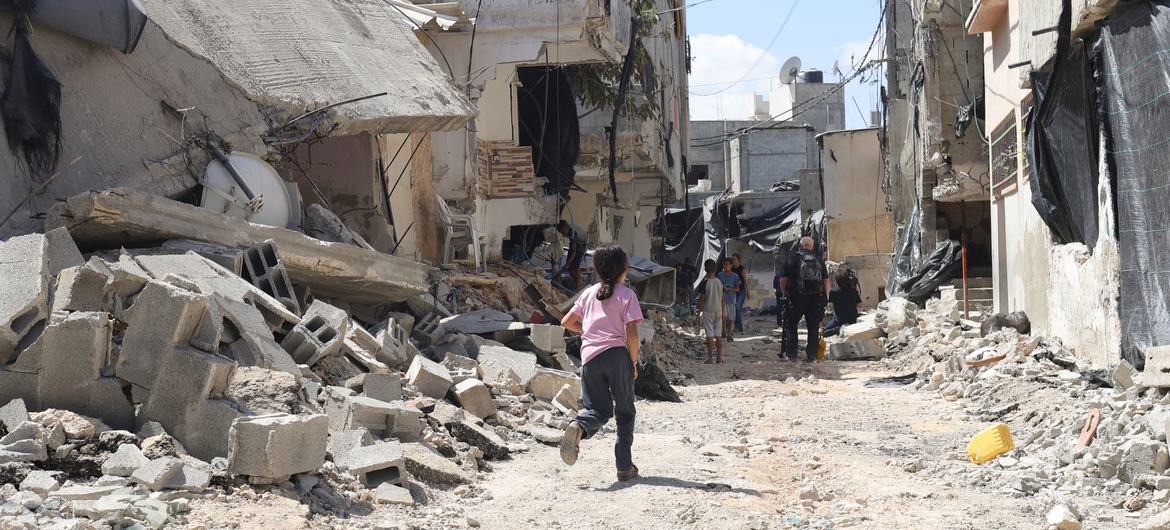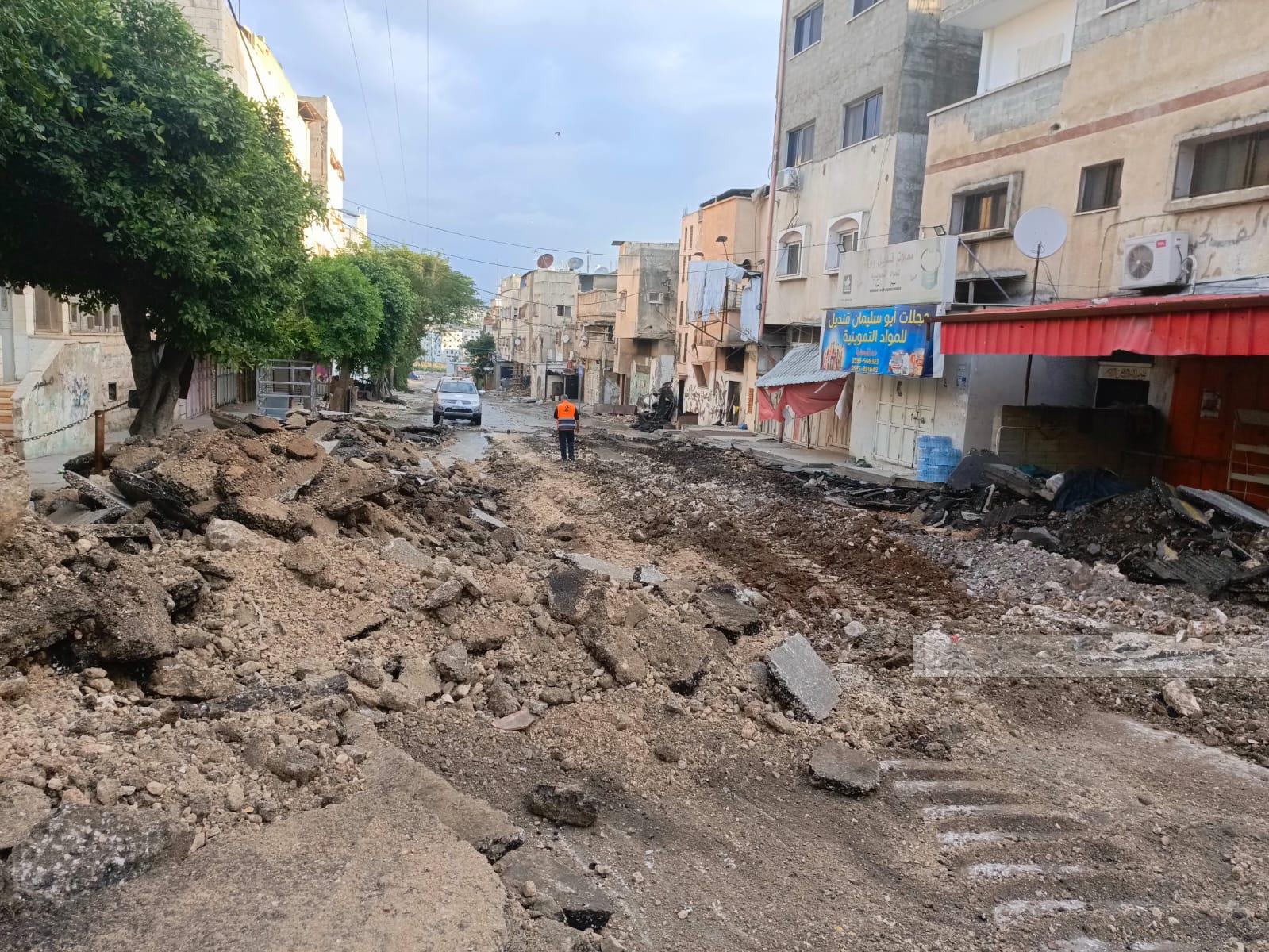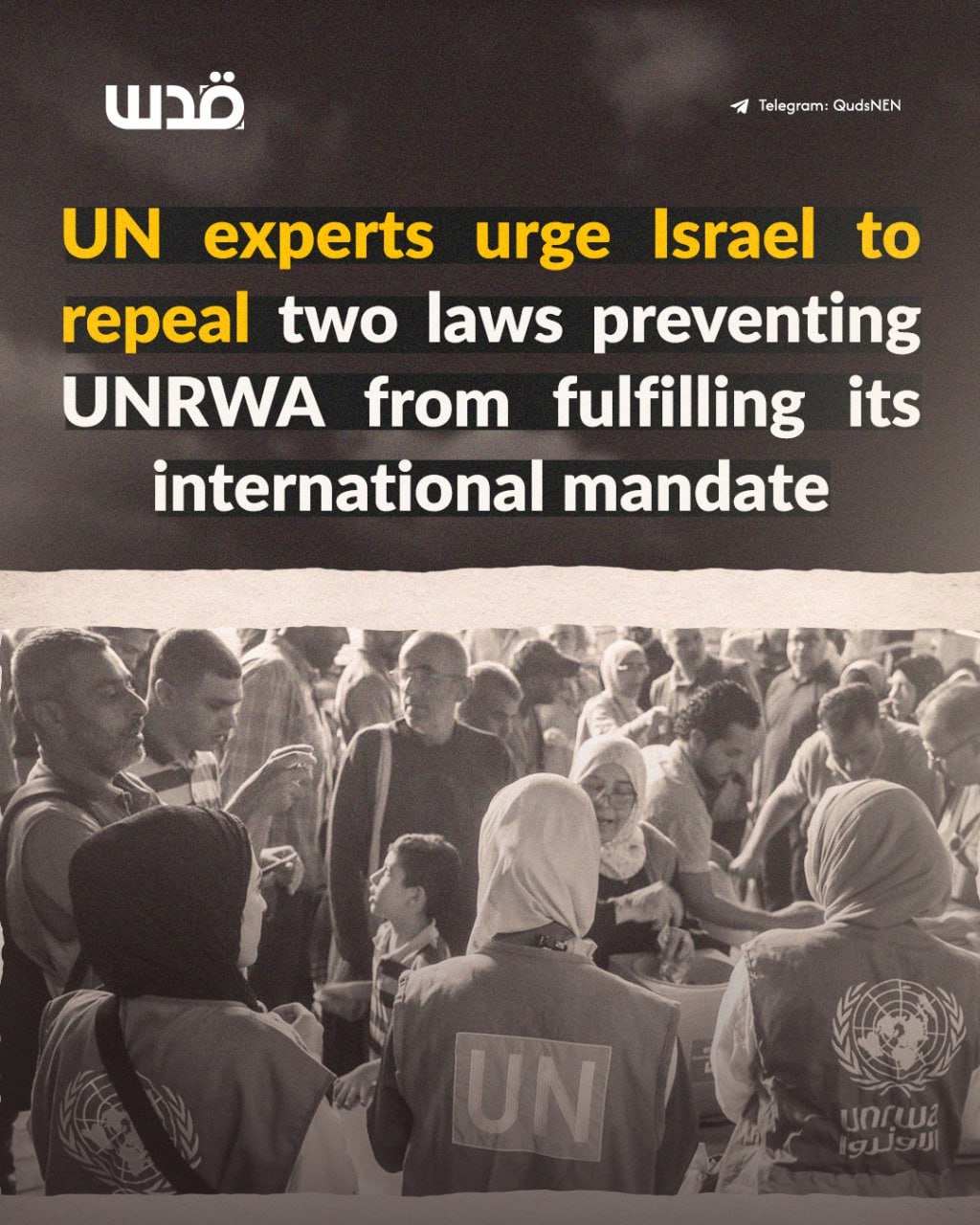‘All Attempts at Displacing Gazans Failed’ – A Historical Outline
One of the most widely circulated press items in the Gaza War was a photo in Al-Dustour daily in its 11 March, 1971 edition under an “Evacuation of the Gaza Strip Begins,” headline. This image traveled around the world, confirming the importance of print journalism and its continued role as a primary source of information for documenting events, and its enduring presence despite digital developments.
Al-Dustour witnessed pivotal moments in the repeated attempts to empty Gaza of its population. The idea of displacing the residents of the Strip began in the early 1950s, when a number of military personnel, bureaucrats, and senior UNRWA officials met and took out old maps to discuss possible displacement destinations. After lengthy discussions, it was decided to push Gaza’s residents toward the vast, sparsely populated Sinai Desert.
The plan targeted the displacement of approximately 60,000 people, equivalent to a quarter of Gaza’s population at the time. Despite the start of preparations, the idea was met with categorical rejection by the residents of the Gaza Strip, who clung to their land and refused to leave.
In 1956, the Zionists occupied the Gaza Strip during the Tripartite Aggression against Egypt. David Ben-Gurion, along with senior military commanders, attempted to forcibly displace the population of the Strip to the West Bank and Sinai. However, pressure from the United States prevented the plan from being implemented and the attempt was foiled. A year later, the occupation was forced to withdraw from Gaza.
In 1967, Moshe Dayan devised a plan aimed at forcing as many residents of the Gaza Strip as possible to emigrate to the West Bank and Egypt. Some residents were eventually deported to the West Bank, but the plan did not achieve the desired results, as relatively few residents left Gaza.
In 1971, while the late Yitzhak Shamir was serving as military governor of the Gaza Strip, he decided to forcibly displace the population. He bulldozed thousands of homes and forced a number of residents onto buses and transported them to the city of Al-Arish. But the plan failed, as the population quickly returned to Gaza, supported by pressure from Arab countries and major powers, which prevented the plan from being fully implemented.
With all attempts at direct displacement having failed, the Zionists found themselves in a predicament; neither killing nor enticement persuaded the people of Gaza to leave their homeland. The occupation then changed its strategy, devising a plan to systematically and slowly destroy Gaza through siege, starvation, and repeated military escalation. Once again, however, the Gazans foiled the plan and held their ground, refusing to leave.
In 1992, the “Greater Gaza” project was proposed during the term of Yitzhak Rabin. Secret plans were drawn up to impoverish the Strip, making life there nearly impossible, and drive its residents to emigrate to Sinai. However, this plan, too, failed.
In 2004, then-Shin Bet chief Avi Dichter devised a plan bearing his name, believing he had found the ideal solution to displace the population of Gaza by encouraging what he called “voluntary migration,” particularly to European and Gulf countries. However, this plan also failed, and the people of Gaza remained steadfast in their land, refusing to leave.
In 2014, the Israeli occupation relaunched its first plan, seeking to remove the border between Egypt and the Gaza Strip and push the population of the Strip toward Egyptian territory. However, Egypt confronted and thwarted this plan, preventing it from achieving its goals.
Then came the Trump administration’s so-called “Deal of the Century,” which included unofficial clauses regarding the transfer of Palestinians from Gaza to Sinai. The US administration exerted pressure on Cairo to implement this plan, but Egypt categorically rejected it, also leading to its failure.
Then came the Al-Aqsa Intifada, which Israel exploited to carry out the largest genocide ever carried out, with the aim of displacing the people of Gaza. It practiced murder and siege, cutting off their basic necessities of life, hoping to force them to leave. However, despite the brutality of the aggression, Gaza stood firm, thwarted the plan, and emerged victorious with its unbreakable will.
Trump returned once again to revive his plan, this time attempting to displace the people of Gaza through what he called “soft displacement.” However, he clashed with a tough king who firmly confronted this plan and rejected it without hesitation.
The Zionist entity, with American support, failed to adhere to the temporary truce with Hamas, and the war of extermination resumed, amid a stifling siege, famine, and a scarcity of water and medical services.
Over the decades, the Zionist entity attempted to exterminate and displace the people of Gaza, sometimes by force and sometimes by enticement. But Gaza stood firm, and the banner of steadfastness was passed down from generation to generation. Just as this banner was passed down from generation to generation, so too was the banner of defending the holy sites, passed from one Hashemite king to the next.
The commandments of our forefathers became ingrained in our conscience: to always stand with Palestine. Over these long years, Al-Dustour newspaper has stood with the Palestinian cause, exposing the enemy’s schemes and mobilizing support and backing for justice. Al-Dustour has been a witness to history, conveying Gaza’s voice and echoing its steadfastness. At every critical moment, it was present, documenting, exposing, and defending the truth without hesitation.
A day will come, decades from now, when future generations will pass on images from Al-Dustour’s editions that documented this phase of the conflict with the enemy, testifying to Gaza’s steadfastness and the resilience of its people in the face of attempts at genocide and displacement. Just as Al-Dustour has always been present in the battles of steadfastness, Gaza will remain engraved in its conscience: An immortal story and an indelible symbol.
Ismael Al Sharif is a columnist in Ad Dustour newspaper in Jordan.

